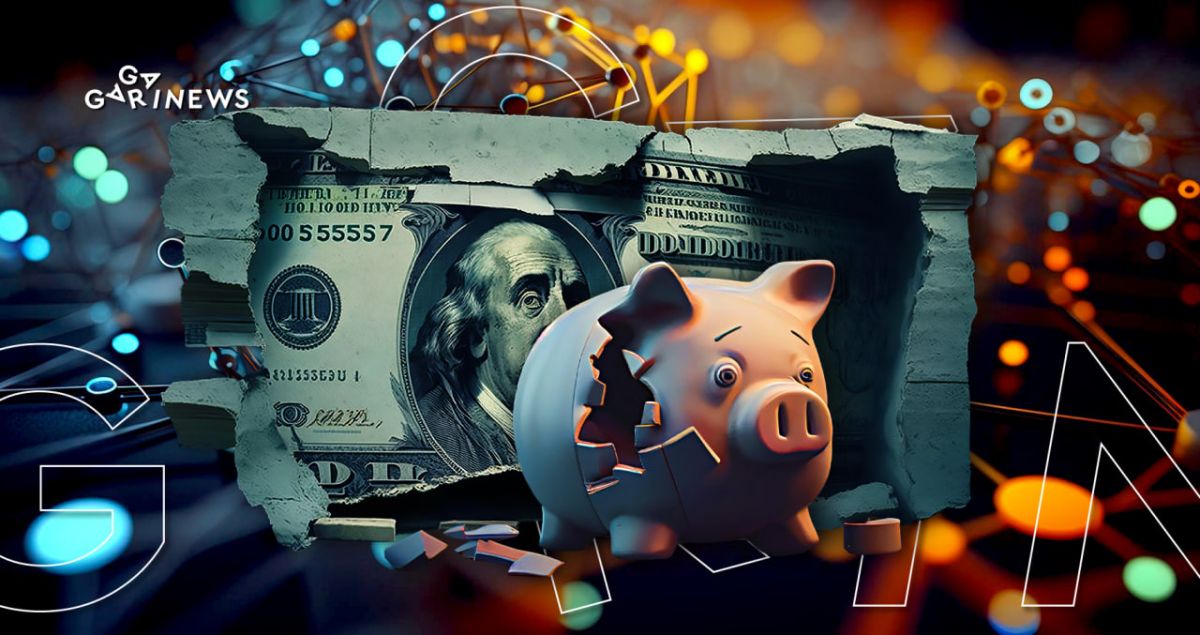Bankrupt Crypto Firms: Can Funds Be Recovered?

The lingering question of refunding after a crypto company’s bankruptcy goes back to the infamous Mt.Gox case, which has yet to make any repayments. However, other case studies help provide a clearer understanding of what users might anticipate in similar scenarios.
On this page
Understandably, many are keen to see a resolution concerning FTX. However, due to the vast number of creditors (a term used in court proceedings to refer to all customers) and lawyers involved, the company's liquidation is being delayed, with many stakeholders expressing interest in the exchange's restart. While some insist that people won't receive anything if the closure is final, the histories of other projects suggest otherwise.
QuadrigaCX
This Canadian cryptocurrency exchange declared bankruptcy back in 2019 under rather peculiar circumstances. Initially, the firm announced the death of its CEO, who personally held the private keys. Still, later revelations pointed to manipulative trading involving clients' assets.
Recently, a new trust manager released a document detailing the plan for distributing the remaining funds. However, even when using 2019 exchange rates, creditors may only get about 13% of their original deposit, which would require 87% of all recovered assets.
This payout is termed as an “interim reimbursement,” and it's highly unlikely that the amount will increase in the future.
Voyager Digital
This crypto-focused lending platform filed for bankruptcy in the summer of 2022. Initially, the team planned to reorganize the business, specifically to sell it. FTX was the first potential buyer, with an offer that included a 72% compensation to clients. However, Sam Bankman-Fried, the head of FTX, crashed his business faster than the court could approve the agreement. Binance US, another contender, also backed down under regulatory pressure soon after.
The platform now faces an undeniable dead-end, with dissolution and asset liquidation being its likely fate. According to preliminary information, the company aims to compensate up to 36% of each deposit, proposing to make repayments in cryptocurrency, thus without a fixed exchange rate. This percentage may seem meager, as US courts have affirmed that revenue account holders, who earned interest, relinquished their rights to the ownership of the cryptocurrency. Consequently, they are classified as unsecured creditors and are compelled to share the assets in a queue-based order.
BlockFi
As a competitor to Voyager Digital, BlockFi also collapsed shortly after FTX's downfall, leaving more than $1 billion in debt to its creditors. Although some companies, like Binance US, showed initial interest in acquiring it, intervention from US regulators led them to retract their offers.
The notable aspect of BlockFi's case was the segregation of its investment and custodial accounts. Users with standard wallets are likely to get a full refund, while the ones holding income-generating accounts might not be as lucky. This situation serves as a stark reminder of the wide gulf between the rights of secured and unsecured creditors. As it stands, the exact percentage unsecured creditors will retrieve remains unclear, but the forecast begins at 33%, possibly higher depending on the specific branch of the company and the success rate of debt recovery.
Final Thoughts
Looking at the fallout from various crypto company bankruptcies, it's evident that users with standard accounts can anticipate full reimbursement, provided there's ample liquidity. However, users with different types of accounts might only see a fraction of their initial deposit returned, often not surpassing 35%. With regard to the FTX scenario, it's plausible to suggest that all traders represent secured creditors, although the availability of sufficient assets is still in question. As such, a relaunch might be the best course of action for all involved.
The content on The Coinomist is for informational purposes only and should not be interpreted as financial advice. While we strive to provide accurate and up-to-date information, we do not guarantee the accuracy, completeness, or reliability of any content. Neither we accept liability for any errors or omissions in the information provided or for any financial losses incurred as a result of relying on this information. Actions based on this content are at your own risk. Always do your own research and consult a professional. See our Terms, Privacy Policy, and Disclaimers for more details.


























